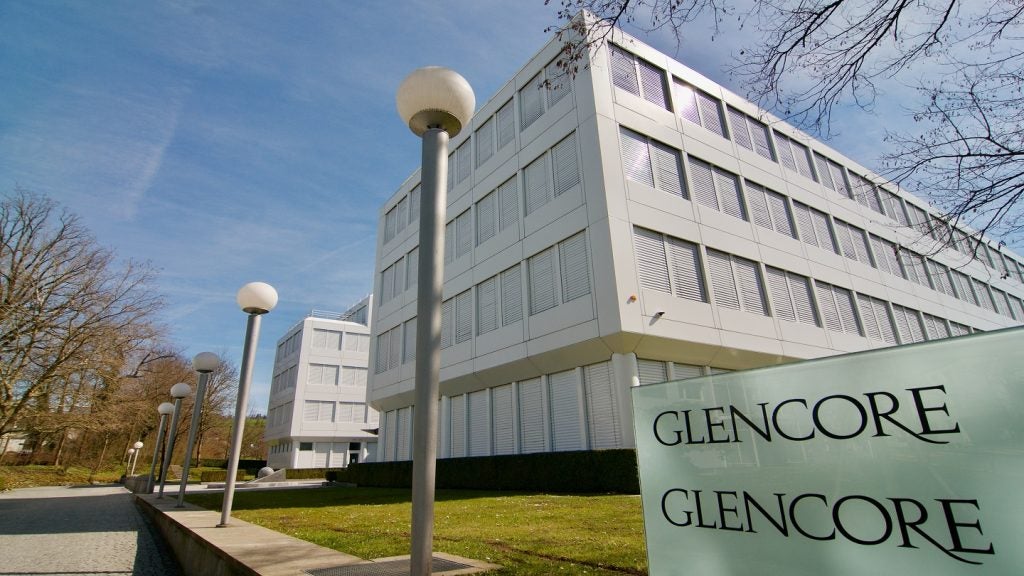Glencore, a commodity trading and mining company, has reported a net income attributable to equity holders of $4.28bn in 2023, marking a 75% decline from $17.32bn in the previous year.
This reduction was largely due to impairments including lower cobalt price assumptions affecting its Mutanda operations and revisions in macro assumptions at several of its zinc assets.
The company's revenues also dipped, decreasing 15% to $217.83bn in 2023 from $255.98bn in 2022.
Glencore's adjusted EBITDA for 2023 stood at $17.1bn, a 50% year-on-year reduction.
This significant drop was primarily due to the rebalancing and normalisation of international energy trade flows, particularly in coal and LNG markets, and to a lesser extent, oil, where prices saw a material decline.
Glencore's net debt as of 31 December 2023 stood at $4.9bn.
In 2022, the company’s profits reached record levels, triggered by Russia’s invasion of Ukraine, which led to commodity prices surging.
Glencore CEO Gary Nagle said: “Aided by healthy operational cash generation, after funding $5.6bn of net capex and $10.1bn of shareholder returns, the 2023 year-end net debt outturn was contained to $4.9bn versus $0.1bn in 2022. With a net debt/adjusted EBITDA of 0.29x, we continue to enjoy significant financial headroom and strength.
“For 2024, basis 2023 cash flows, we are recommending to shareholders a $0.13 per share (c.$1.6bn) base cash distribution, comprising $1bn from marketing cash flows and 25% ($0.6bn) of industrial attributable cash flows.”
Nagle added: “Although there are no “top-up” returns at this point, the business is expected to be highly cash generative at current spot commodity prices (spot illustrative annualised free cash flow generation of c.$5.2bn from adjusted EBITDA of c.$15bn), which augers well for top-up returns to recommence in the future.”









